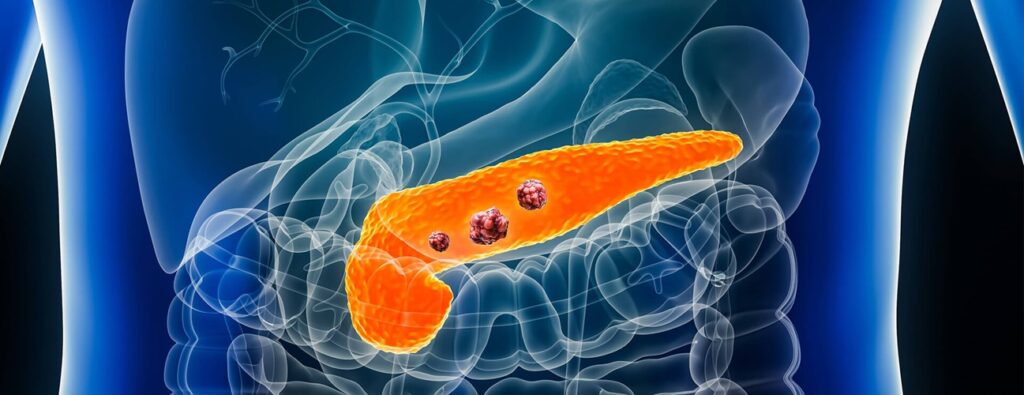
Pancreatic cancer, notorious for its stealthy onset, often evades detection until it reaches advanced stages. This article delves into real patient cases to shed light on the early warning signs of this highly fatal disease, aiming to enhance public awareness and early detection.
The Challenge of Early Detection
Pancreatic cancer’s early symptoms are subtle, leading to late-stage diagnoses where surgical intervention becomes impractical. While treatments like chemotherapy and radiation therapy aim to manage symptoms, they fall short of offering a cure. Surgery remains a viable option only in localized, early-stage cases.
The Harsh Reality
Statistics reveal grim survival rates for pancreatic cancer, with only 12% of patients surviving five years post-diagnosis. Those diagnosed in advanced stages typically face a survival timeline of around one year. However, early detection significantly improves prognosis, with some patients even achieving a cure through timely treatment.
Analyzing Patient Cases
Examining real-life scenarios sheds light on potential early indicators of pancreatic cancer:
Case 1: Diabetes-like Symptoms
Mr. Lee, initially diagnosed with Type 2 diabetes, experienced sudden symptoms of excessive thirst, frequent urination, and weight loss. Despite no family history or unhealthy habits, these symptoms persisted, accompanied by mild jaundice. Further examination revealed early-stage pancreatic cancer, emphasizing the need for vigilance when diabetes-like symptoms arise suddenly in middle-aged individuals.
Case 2: Fatigue and Depression
Ms. Wong’s inexplicable fatigue and depressive symptoms, unresponsive to standard treatments, hinted at an underlying issue. Despite presenting classic signs of depression, additional symptoms like abdominal pain and acid reflux warranted further investigation. Eventually, she was diagnosed with pancreatic cancer, underscoring the potential link between depression and tumor-induced inflammation.
Case 3: Gastrointestinal Disturbances
Mr. Wang’s chronic diarrhea and occasional constipation, initially attributed to irritable bowel syndrome, prompted thorough examination. Colonoscopy revealed an intestinal obstruction caused by a pancreatic tumor, highlighting the importance of investigating persistent gastrointestinal issues for possible underlying tumors.
Case 4: Weight Loss and Dietary Changes
Mr. Zhang’s dramatic weight loss following a shift to a healthier diet raised concerns despite his initial motivation for lifestyle improvements. Subsequent symptoms like fatigue and decreased appetite prompted medical attention, ultimately leading to a diagnosis of pancreatic cancer. His case underscores the role of obesity-related factors in cancer risk and the importance of monitoring health changes.
Recognizing the Signs
Pancreatic cancer presents a range of symptoms, including sudden changes in blood sugar levels, unexplained depression, rapid weight loss, fatigue, abdominal or back pain, and persistent gastrointestinal disturbances. Early recognition of these signs is paramount for timely intervention and improved outcomes.
The cases discussed serve as poignant reminders of the importance of vigilance and early detection in combating pancreatic cancer. By recognizing and acting upon early warning signs, individuals can enhance their chances of successful treatment and survival.


